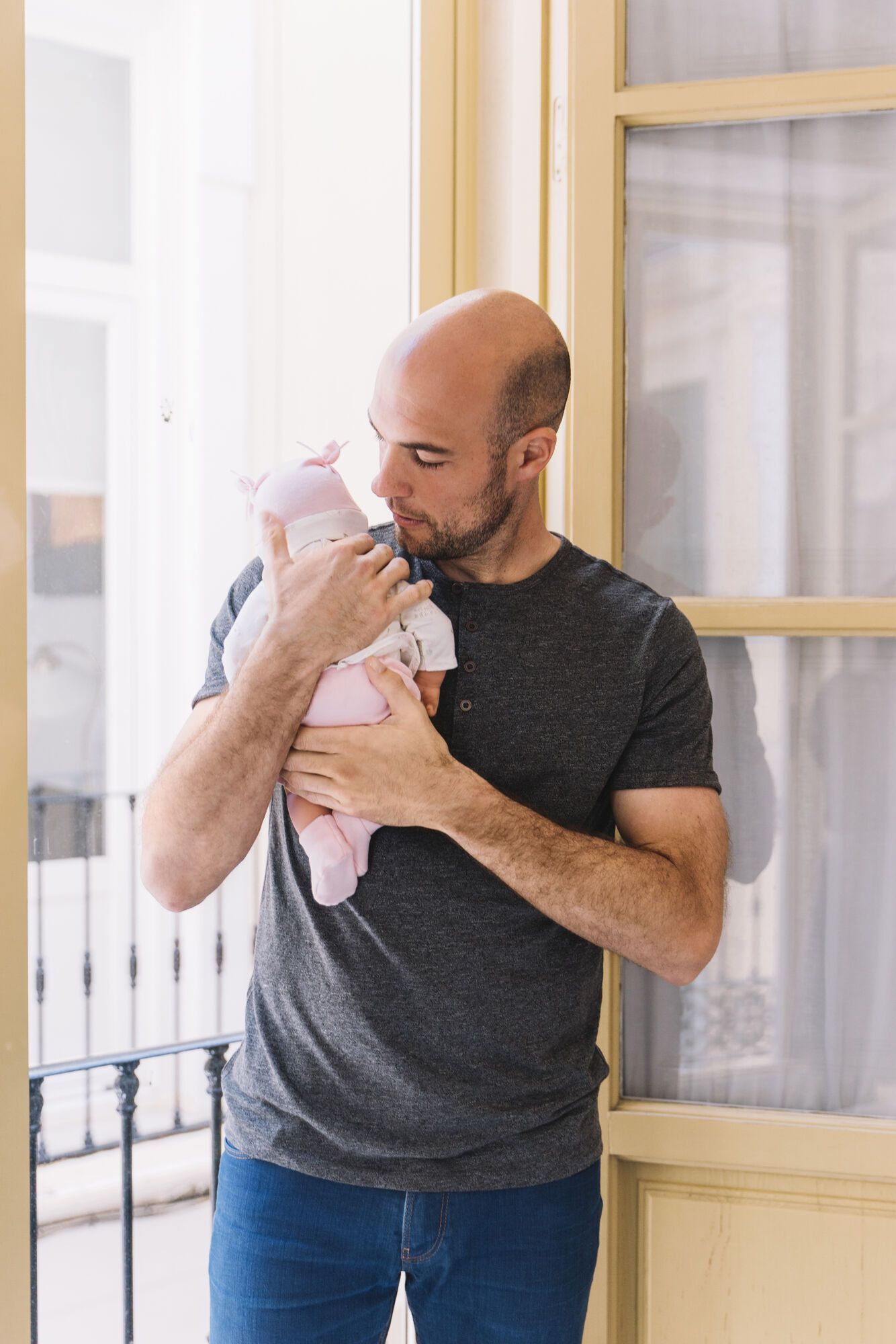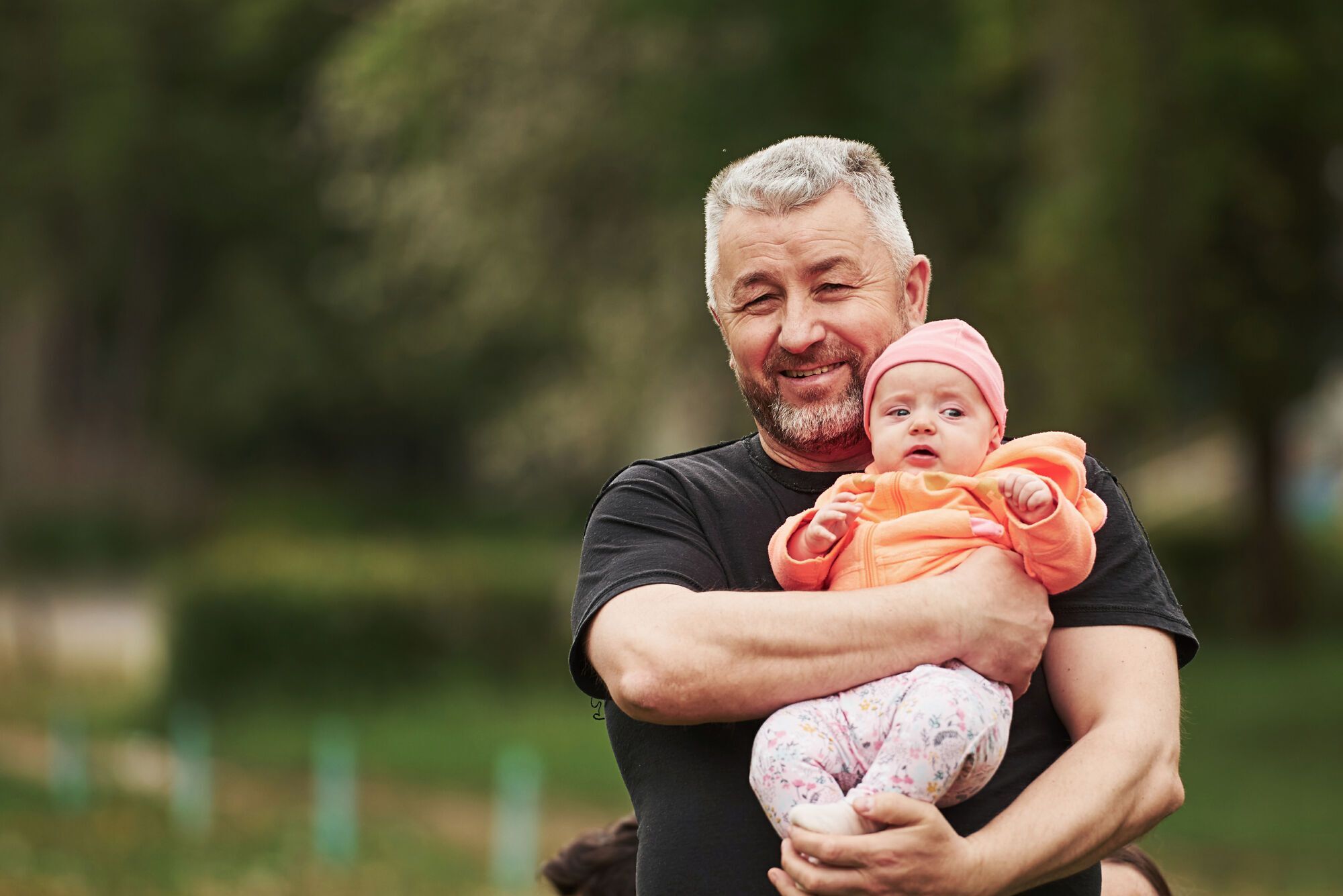News
The older a person is, the higher the risk. Scientists reveal the link between father's age and child's health
Mature parenthood is becoming more and more popular. However, scientists once again say that this has its consequences, and the risks are not only for pregnancy in older women.
A new study shows that if a future father is already 50 years old or older, it can affect the health of the child. The reasons for this trend are unclear, but Stanford University urologist Albert Ha and his colleagues note that it is often attributed to a reduced concern for the male "biological clock" and a desire for educational and financial stability before starting a family, Science Alert writes.
"Previous research has also emphasized the impact of evolving gender norms that promote active father involvement while emphasizing traditional roles such as the male 'breadwinner,'" the scientists say.
In a world where the focus is on the mother, researchers are concerned that the public is not informed about these risks associated with an older father.
A 2018 study found many of the risks of mature fatherhood using data from 2007 to 2016 on more than 40 million newborns in the United States. The data showed that babies born to fathers over the age of 35 were at higher risk for adverse outcomes such as low birth weight, seizures, and breathing problems immediately after birth.
And the older the father was, the greater the risk – for a man aged 45 or older, his child was 14 percent more likely to be born prematurely, and for a man aged 50 or older, his child was 28 percent more likely to be hospitalized in a neonatal intensive care unit.
The researchers analyzed more than 46 million babies registered in the United States from 2011 to 2022. Their study emphasizes that the proportion of American families suffering from these risks is growing as more men choose to become parents in adulthood.
Studies have also linked older paternal age to lower sperm quality, meaning that the small, twisted bundles of genes that make up half of a child's DNA are more likely to be affected by DNA fragmentation, abnormal chromosome numbers, new mutations, and epigenetic changes.
"In general, the accumulation of changes in older men can increase the risk of conditions such as autism, childhood cancer, achondroplasia, and schizophrenia. It is also likely to increase the risk of perinatal complications," the authors explain in the study.
There were no significant differences in the sex ratio of infants depending on the age of the father, except for fathers aged 70 and older, who are more likely to have a female child.
Ultimately, the study emphasizes the need for a better understanding of the risks of mature parenthood and further research into the factors that have caused this social change.
Only verified information is available on the OBOZ.UA Telegram channel and Viber. Do not fall for fakes!





























